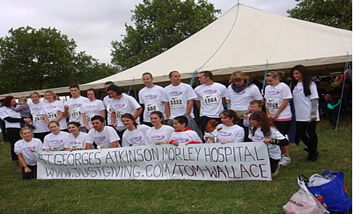The Government has put forward proposals to improve the way workplace disputes are handled and to reduce the number of cases going to employment tribunals.
It says it wants to give businesses the confidence to take on more staff and boost the economy. The key proposals include increasing the qualifying period for employees to be able to bring a claim for unfair dismissal from one to two years. It’s hoped this will reduce the number of disputes that go to employment tribunals.
Employers and employees will be encouraged to resolve disputes between themselves as early as possible. All claims will have to be lodged with ACAS to begin with to allow pre-claim conciliation to be offered.
The conciliation process will include encouraging parties to make reasonable offers of settlement to avoid tribunal hearings, and encouraging other forms of early dispute resolution such as mediation.
The Government also wants to speed up the tribunal process by extending the jurisdictions where judges would sit alone to include unfair dismissal, and by taking witness statements as read.
It is hoped to reduce weak and vexatious claims by providing the employment tribunals with a range of more flexible case management powers so that weaker cases can be dealt with in a way that does not mean disproportionate costs for employers. Speculative claims will also be discouraged by increasing the requirement for information about the nature of the claim being made and the extent of the loss. It’s intended to help parties to decide whether to agree a settlement offer or proceed to a tribunal hearing.
Some expense payments will be withdrawn to encourage parties to settle earlier or reduce the number of witnesses they call. Employers will also be required to play their part and there will be financial penalties for firms found to have breached rights.
This is aimed at encouraging greater compliance from employers and thus a reduction in the number of tribunal cases. The proposals are now subject to public consultations. Please contact Dermot Burke Employment Law Expert at Bells Solicitors for more information 01730 733733.




